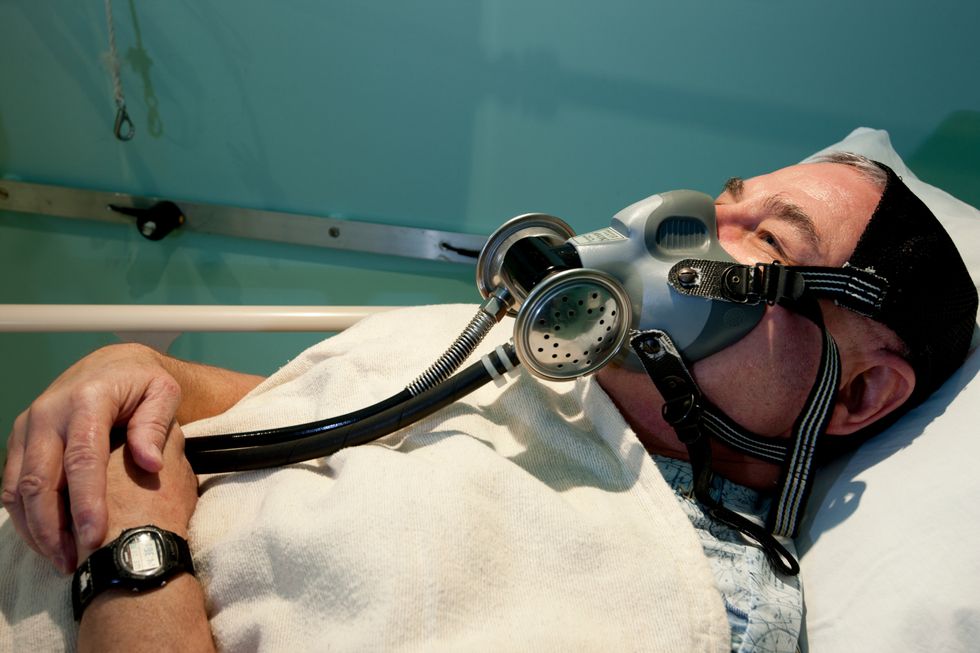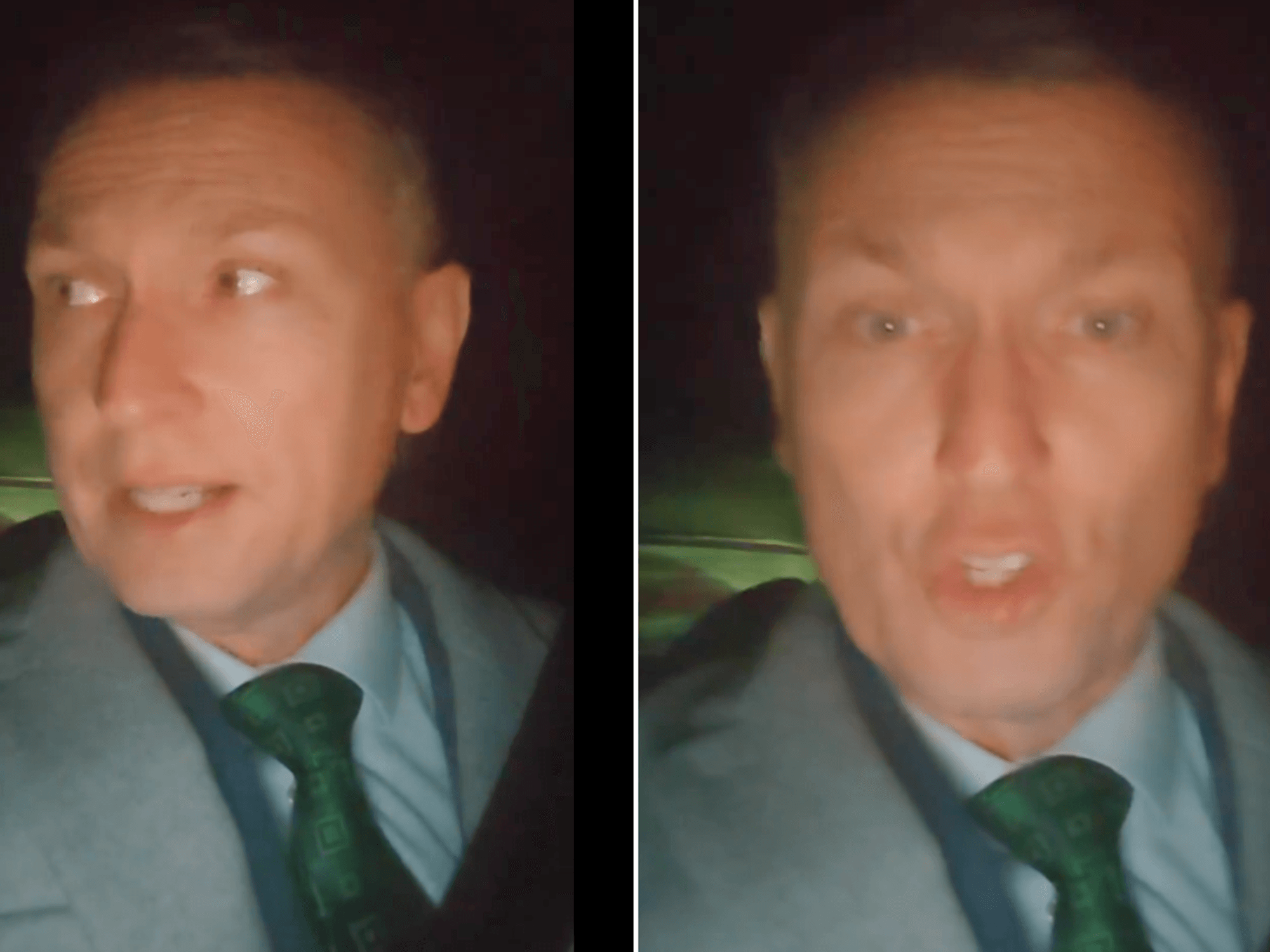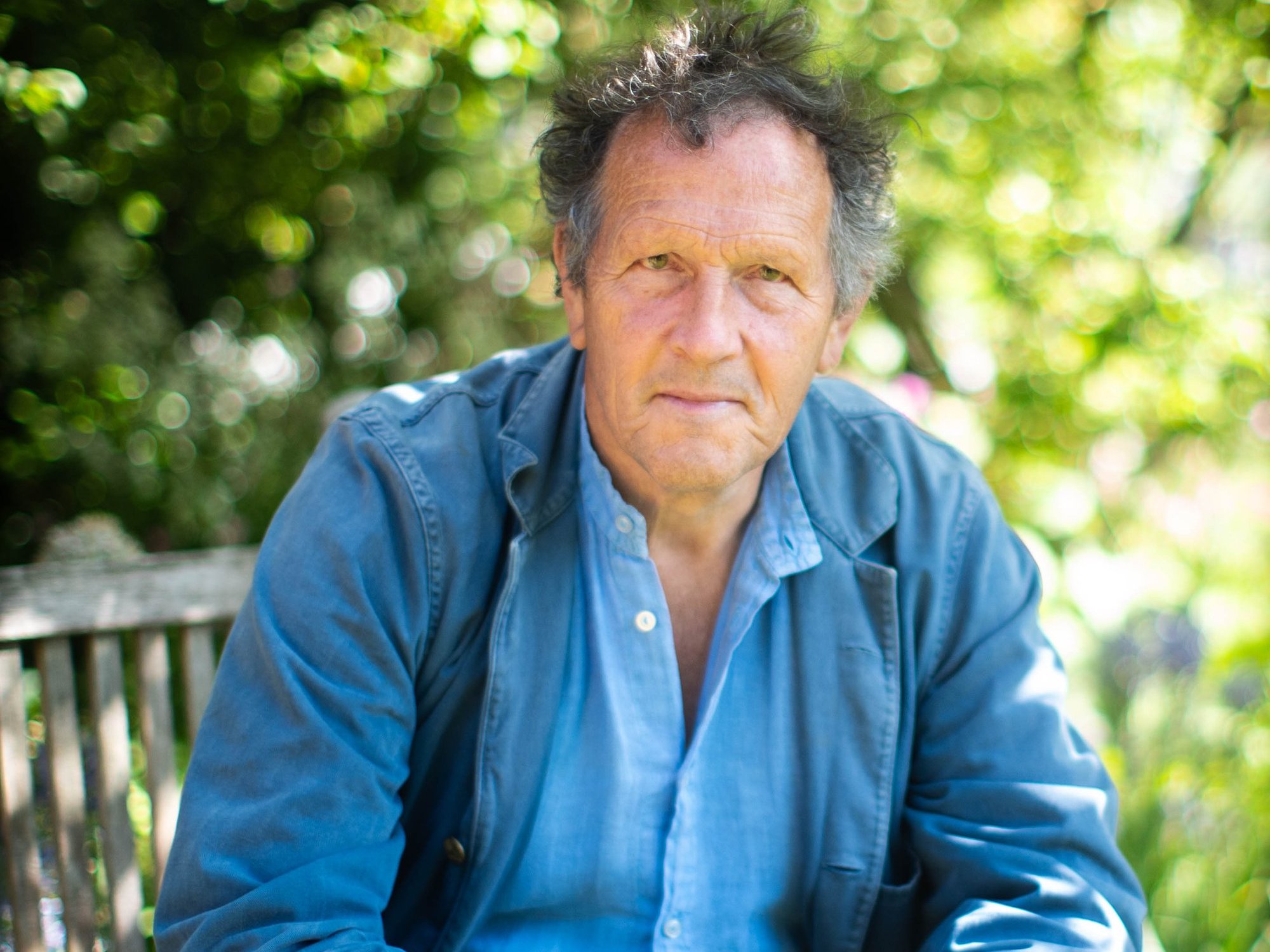GBN Health Check: Can you really reverse your age? Longevity experts break down the science behind de-ageing

Longevity experts, researchers and investors are advancing the science of de-ageing
|Getty Images

For this week's installment of GB News Health Check, our digital health editor Adam Chapman attempts to understand the science behind reversing the ageing process. He speaks to a wide range of longevity experts, researchers and investors working at the forefront of this exciting new frontier
Don't Miss
Most Read
On the face of it, it sounds too good to be true: you cannot reverse the ageing process.
Anyone suggesting otherwise should be laughed out of the room and discredited, right?
Tell this to a growing number of tech billionaires who are using their enormous wealth to try and de-age.
The space has really moved with the science over the last ten years, GP and longevity expert Doctor Enayat tells GB News.
"It's not complicated. It's simply mapping what happens as the body slows down and the potential therapies that are out there that could be prescribed to prevent and reverse these processes."
It speaks to the doctor's confidence that he decided to found HUM2N, a health, biohacking and wellness centre based in London that specialises in slowing down and reversing the ageing process.
He is passionate about democratising the de-aging process so everyone - not just the wealthy - can reap the benefits.
One of the ways his team is attempting to do this is through hyperbaric oxygen therapy (HBOT) - a medical treatment that involves sitting in a pressurised chamber filled with pure oxygen to increase blood oxygen levels.
The approach is informed by what we know about stem cell production.
As you get older, you don't produce as many stem cells from your bone marrow. This is thought to contribute to age-related decline at the cellular level.
Increasing blood oxygen levels stimulates new baby stem cells in the bone marrow and this produces a "host of amazing things", claims Doctor Enayat, such as supporting the regeneration of all your tissues and organs, including the health of your blood vessels.
Doctor Enyat is also experimenting with boosting mitochondria - the "powerhouses" of cells responsible for producing energy within your body.
When your mitochondria do not receive the instructions they need from your body's DNA to make energy, it can damage your cells or cause them to die early.

HBOT stimulates new baby stem cells in the bone marrow
|Getty Images
The ability to take oxygen and make energy depends on the level of nicotinamide adenine dinucleotide (NAD+) that we have in our bodies.
NAD+ are coenzymes found in all cells and are intimately linked with cell metabolisms.
NAD+ levels decline by the age of 40. By the time you're 50, you have about half the level you once had when you were 20.
"We know that if we can replace and top up your levels of NAD+, you will utilise oxygen better and make energy better at the cellular level," explained Doctor Enyat.
Nature and nurture
For others, it's about understanding how the modern environment influences our genetics and then reverse engineering.
"This isn't a sci-fi movie, and you aren't going to wake up in the body of your 18-year-old self, but the reality is that modern-day life – poor diet, stress, lack of sleep, to name a few factors – means that our bodies and genes are under more pressure than ever before, and this is ageing us prematurely," explained Professor Paul Clayton, Director of Science at LYMA, which specialises in developing natural products that hack the ageing process.
He cites a fascinating but rather alarming Dutch study which found that adults today are 15 years older than their parents and grandparents were at the same age.
"This accelerated ageing increases the frequency of the chronic degenerative diseases and reduces their latency, i.e. we see them emerging in younger and younger groups of patients," Professor Clayton explained.
According to the professor, epigenetics - the science that describes how our genes express themselves, and how this is impacted by external factors - is beginning to show us how we can help our genes operate as they were originally designed to do and slow or stop this accelerated ageing.
"It looks as if this can have a profoundly anti-ageing effect, in part by reversing the adverse effects of the modern world on our epigenome," he continued.
"Age-related changes in methylation and acetylation of our DNA and the histone proteins around it can be modified using natural compounds. Many of these have been removed from the modern diet, so one of the profoundly anti-ageing steps we can take is as simple as replacing them."
Metrics matter
Raghav Sehgal, a PhD student at Yale University, is currently working on developing ageing biomarkers that can help us discover interventions that may reverse ageing.
An epigenetic biomarker called 'Systems Age' that he has developed alongside Doctor Morgan Levine, Assistant Professor of Pathology at the same university, has been shown to reverse ageing in 20 different interventions ranging from pharmacological such as senolytics to lifestyle-based interventions such as diets.
This approach has enormous potential. As Mr Sehgal explains, epigenetic biomarkers require just a single dry blood drop and can tell the biological age not just of your whole body but of specific organs like heart, kidney, lung, brain, musculoskeletal and more.
Biological age increases or accelerates when people get diseases, for example someone with arthritis will have accelerated musculoskeletal ageing.
And biological age starts increasing even before diagnosing diseases. For example, people with higher heart ageing end up having higher cardiovascular diseases like congestive heart failure or myocardial infarctions.
"We have shown now that using a variety of interventions ranging from lifestyle based interventions such as diets, exercise, smoking cessation, to more novel interventions like plasmapheresis (aka young blood transfusion) or senolytics (killing senescent cells) or other pharmacological interventions, we can reverse these biomarkers," claimed Mr Sehgal.
For example, the PhD student looked at four different diets: fat-free, low-carb, Mediterranean and vegan and "across the board the answer is consistent, pick any diet and you will see a reduction in these epigenetic biomarkers - to different extents of course but nevertheless you will see a reduction".
Investor appetite
Naturally, the potential in this arena is leading to an investment boom.
Dave Asprey is feeling particularly bullish. The former Silicon Valley executive, known as the 'Father of Biohacking' has poured millions into reversing ageing.
The New York Times bestselling author tells GB News that new advances in stem cell science and gene therapy are "about to take us to places we have never been before".
Just a few months ago he received follistatin gene therapy, which he claims will take an additional nine years off his current biological age.
Follistatin works by increasing lean muscle mass, reducing fat mass, decreasing inflammation, and lengthening telomeres (caps of DNA at the ends of chromosomes that protect your cells from ageing).
LATEST DEVELOPMENTS

Fat-free, low-carb, Mediterranean and vegan diets have shown promise in reversing epigenetic biomarkers
|Getty Images
The goal is to make this technology accessible to everyone within the next five to 10 years, Mr Asprey says.
AI-driven initiatives are the most promising area for investors because they are proven to work, and everyone is interested in getting younger with the least amount of time invested, the biohacker claims.
"We know that longevity is not a one-size-fits-all approach. What works for one person won’t work for another, and everyone has different goals. By harnessing the power of AI, we can create a specific program that works best for you."










